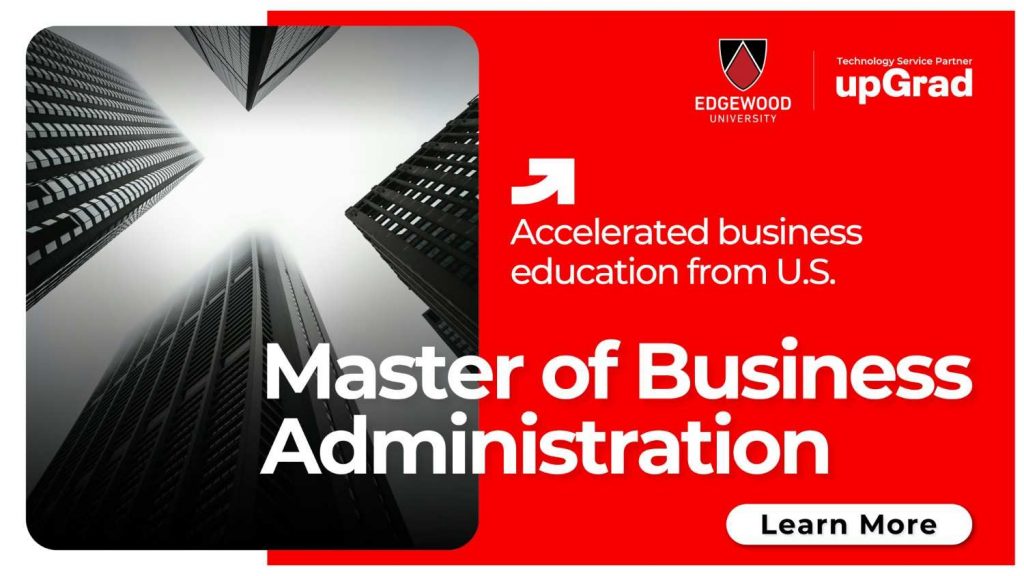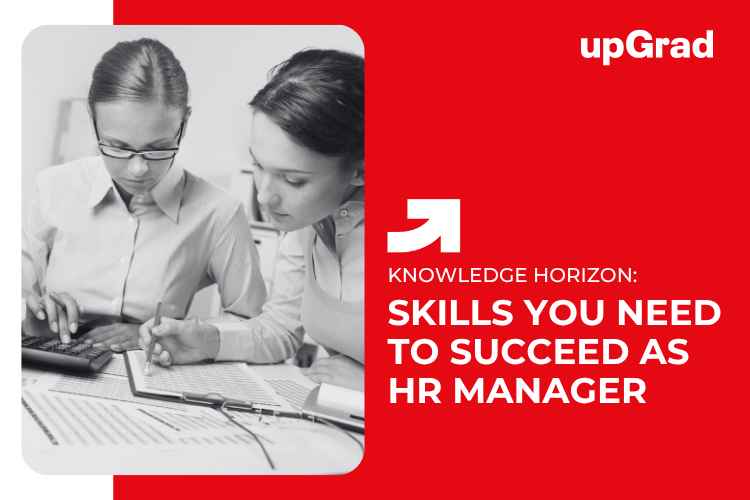Being an HR manager in Singapore requires various skills to effectively manage the most valuable assets of a company – its people. In this competitive landscape, HR managers must be strategic partners, empathetic leaders, analytical thinkers, and adaptable to change. This article explores the key skills required to handle the human resource manager duties and responsibilities.
Skills Needed for Human Resource Manager Duties and Responsibilities
Mentioned below are some of the crucial skills you require to get the human resource management certificate:
1. Technical HR Skills
Human resource managers must have strong capabilities in core HR functions such as recruitment, compensation, employee development and labour relations. Mastering the latest knowledge and best practices in these functional areas enables HR professionals to set policies and execute programs effectively.
Recruitment and talent acquisition skills involve understanding how to attract, screen, assess, and select qualified candidates that fit open positions. This includes proficiencies in networking, sourcing potential hires, interviewing, negotiating job offers, and recruitment marketing.
2. Interpersonal and Communication Skills
One of the major responsibilities of human resource manager is consistent engagement with employees at all levels. Competency in individual interactions and group presentations is vital. Enhancing abilities to listen actively, convey complex details, provide and receive feedback, and have difficult conversations is fundamental.
Verbal and written communication skills enable tasks like resolving disputes, conducting training, counselling staff, negotiating, and making presentations. Equally important is the ability to listen well during employee interactions.
Conflict resolution skills allow HR professionals to effectively bridge gaps and find fair solutions between disagreeing employees or groups. Remaining impartial in language, addressing underlying issues, and identifying common ground facilitate this process.
3. Leadership and Management Skills
Operating strategically, managing workflows efficiently, and providing guidance to the HR team requires leadership skills for inspiring individual solid and collaborative performance. This advances the organisation’s objectives.
Strategic planning skills enable long-term workforce planning and talent development initiatives. Translating organisational goals into human capital strategy is essential. The human resource management training focuses deeply on the leadership and [planning skills.
Change management skills empower HR managers to prepare for, clearly communicate, and support employees through transitions like mergers, adopting new technologies, or downsizing.

4. Analytical and Technology Skills
Leveraging workforce metrics, trends, and system automation enhances efficiency, data-based decision-making, and overall HR department performance.
Analysing workforce data and metrics allows meaningful insights to inform hiring budgets, learning programs, pay decisions, retention approaches, etc.
Other than leadership skills, HR technology skills enable the selection and implementing recruitment tools, HRIS platforms, self-service apps, and other digital systems. Ensuring the smooth functioning of all HR systems and software is also essential.
5. Cultural Awareness and Sensitivity
Singapore has a diverse workforce that represents many ethnic backgrounds. Respectfully working across cultures by understanding specific values, customs, and communication patterns is essential.
Inclusivity skills empower HR managers to build a fair, equitable, harassment-free culture. Making unbiased, socially responsible decisions and policies fosters equal representation and belonging.
6. Continuous Learning and Professional Development
The field of human resources changes rapidly. Maintaining competence necessitates proactively developing skills and knowledge by staying updated on emerging best practices and innovations.
Actively reading professional HR publications, attending seminars, and participating in industry networks keeps skills current with evolving techniques in areas like talent acquisition, learning, compensation, and retention.
Also read: Highest Paying HR Jobs in Singapore
Conclusion
Succeeding as a human resource manager in Singapore’s dynamic landscape requires diverse capabilities. Mastering technical HR expertise, communication skills, leadership talents, technological literacy, and cultural sensitivity empowers one to enhance workforce performance strategically.
Continually upgrading abilities is also key to remaining effective in enabling organisational and employee growth amidst a climate of ongoing change. Investing to build these well-rounded competencies opens doors to a rewarding career managing a company’s greatest asset – its people. We hope that you’ve understand all the human resource manager duties and responsibilities
FAQs
Yes, HR roles are in demand in Singapore due to rapid economic growth and a tight labour market.
The average salary for an HR manager in Singapore is around $6,750 monthly. Salaries can vary based on factors like qualifications, experience, and company size.
Typical HR responsibilities in Singapore involve talent acquisition, compensation, and benefits management, liaising with labour regulators, leading learning/development initiatives, and much more.
The most critical skills for HR managers are communication abilities, leadership competencies, strategic planning, and analytical thinking.






















